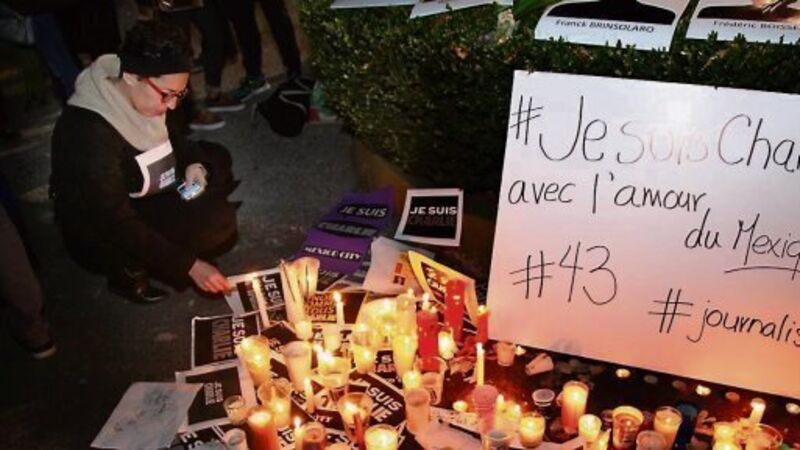‘State has key role in digital war on terror’

Harlem Désir was speaking during an official visit to Ireland — a trip he was forced to postpone in January after the attack on the Paris offices of Charlie Hebdo.
Mr Désir and his Irish counterpart Dara Murphy said Ireland, as home to several global internet and social media companies, has vast experience dealing with such firms.













